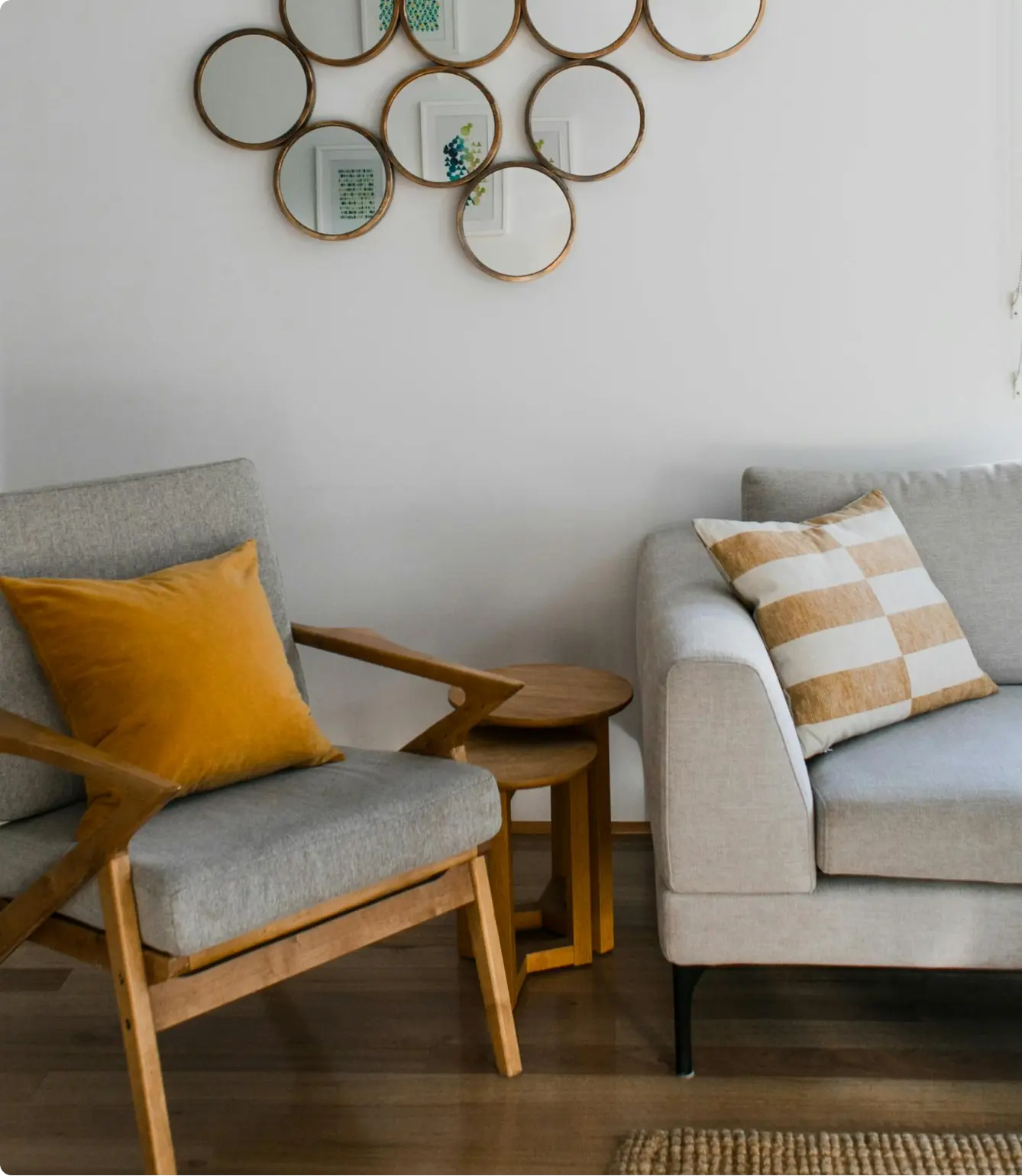Heard about OccuMax® pricing?
You can earn up to 30% more with our unique pricing strategy. Developed from managing over 350,000 bookings, it runs entirely within local regulations and has already earned our hosts over £112 Million.
x
FIND OUT MOREShort-stay paid lodging to visitors (entire home or rooms). Managed by activity/zone and guest numbers rather than a fixed “days” definition.
Short-term lets are legal in Auckland, but they’re managed by the Auckland Unitary Plan (AUP) as visitor accommodation. In many residential zones (e.g., Mixed Housing Urban), small-scale visitor accommodation (commonly up to 10 people per site) can be permitted subject to standards; otherwise you’ll likely need resource consent. There’s no citywide night cap. If you host more than 28 nights in the rating year (1 Jul–30 Jun), you must submit the council’s short-term online accommodation declaration and you may be charged a business-rates share. From 1 Apr 2024, platforms (e.g., Airbnb) collect 15% GST on bookings and pay an 8.5% flat-rate credit to non-registered hosts; register for GST if taxable turnover exceeds NZ$60,000. Fit and maintain photoelectric smoke alarms; an evacuation scheme may be required where a building provides accommodation for 6+ persons.
No national threshold. Councils set rules (night caps or activity-based tests in some areas). Check local district plan.

Short-term lets are legal in Auckland, but they’re managed by the Auckland Unitary Plan (AUP) as visitor accommodation. In many residential zones (e.g., Mixed Housing Urban), small-scale visitor accommodation (commonly up to 10 people per site) can be permitted subject to standards; otherwise you’ll likely need resource consent. There’s no citywide night cap. If you host more than 28 nights in the rating year (1 Jul–30 Jun), you must submit the council’s short-term online accommodation declaration and you may be charged a business-rates share. From 1 Apr 2024, platforms (e.g., Airbnb) collect 15% GST on bookings and pay an 8.5% flat-rate credit to non-registered hosts; register for GST if taxable turnover exceeds NZ$60,000. Fit and maintain photoelectric smoke alarms; an evacuation scheme may be required where a building provides accommodation for 6+ persons.




Registration / Permit
No city STR register. Apply for a resource consent if your zone/scale isn’t permitted. If you host >28 nights in the rating year, complete the council’s short-term online accommodation declaration for rating.
Max Nights
None locally. Auckland manages by zoning/scale, not nights.
Planning / Zoning
Non-notified consents: ~20 working days (statutory clock; pauses possible). Notified consents commonly take 4–6 months.
Safety & Insurance
Install/maintain long-life photoelectric smoke alarms on each level and within 3 m of bedrooms; test and keep records. Buildings providing accommodation for 6+ persons (other than in three or fewer household units) may require an approved evacuation scheme with Fire and Emergency NZ.
Tax
IRD income tax on rental profits. GST 15% if short-stay accommodation turnover ≥ NZ$60,000 in any 12 months. Council rates/bylaws via Auckland Council (no regional tourist tax).
IRD income tax on rental profits. GST 15% if short-stay accommodation turnover ≥ NZ$60,000 in any 12 months. Council rates/bylaws via Auckland Council (no regional tourist tax).
Install/maintain long-life photoelectric smoke alarms on each level and within 3 m of bedrooms; test and keep records. Buildings providing accommodation for 6+ persons (other than in three or fewer household units) may require an approved evacuation scheme with Fire and Emergency NZ.
.webp)



.webp)


⭐ Rated 4.8/5 by 2,500+ Hosts
.webp)
None announced specific to Auckland STR at time of writing. Council reviews rating policy annually—check the Annual Plan for any updates to online-accommodation provider rules.
No national threshold. Councils set rules (night caps or activity-based tests in some areas). Check local district plan.


Visitor accommodation is managed by zone. In Mixed Housing Urban, visitor accommodation up to around 10 people per site is typically permitted subject to standards; above that is restricted discretionary—check your site’s zone and overlays.

None locally. Auckland manages by zoning/scale, not nights.

No city STR register. Apply for a resource consent if your zone/scale isn’t permitted. If you host >28 nights in the rating year, complete the council’s short-term online accommodation declaration for rating.

IRD income tax on rental profits. GST 15% if short-stay accommodation turnover ≥ NZ$60,000 in any 12 months. Council rates/bylaws via Auckland Council (no regional tourist tax).
Inland Revenue: Short-stay & visitor accommodation
Install/maintain long-life photoelectric smoke alarms on each level and within 3 m of bedrooms; test and keep records. Buildings providing accommodation for 6+ persons (other than in three or fewer household units) may require an approved evacuation scheme with Fire and Emergency NZ.

⭐ Rated 4.8/5 by 2,500+ Hosts

This guide is informational and not legal advice. Always confirm with
Auckland Council – Resource Consents
your local authority.